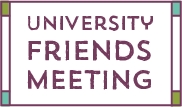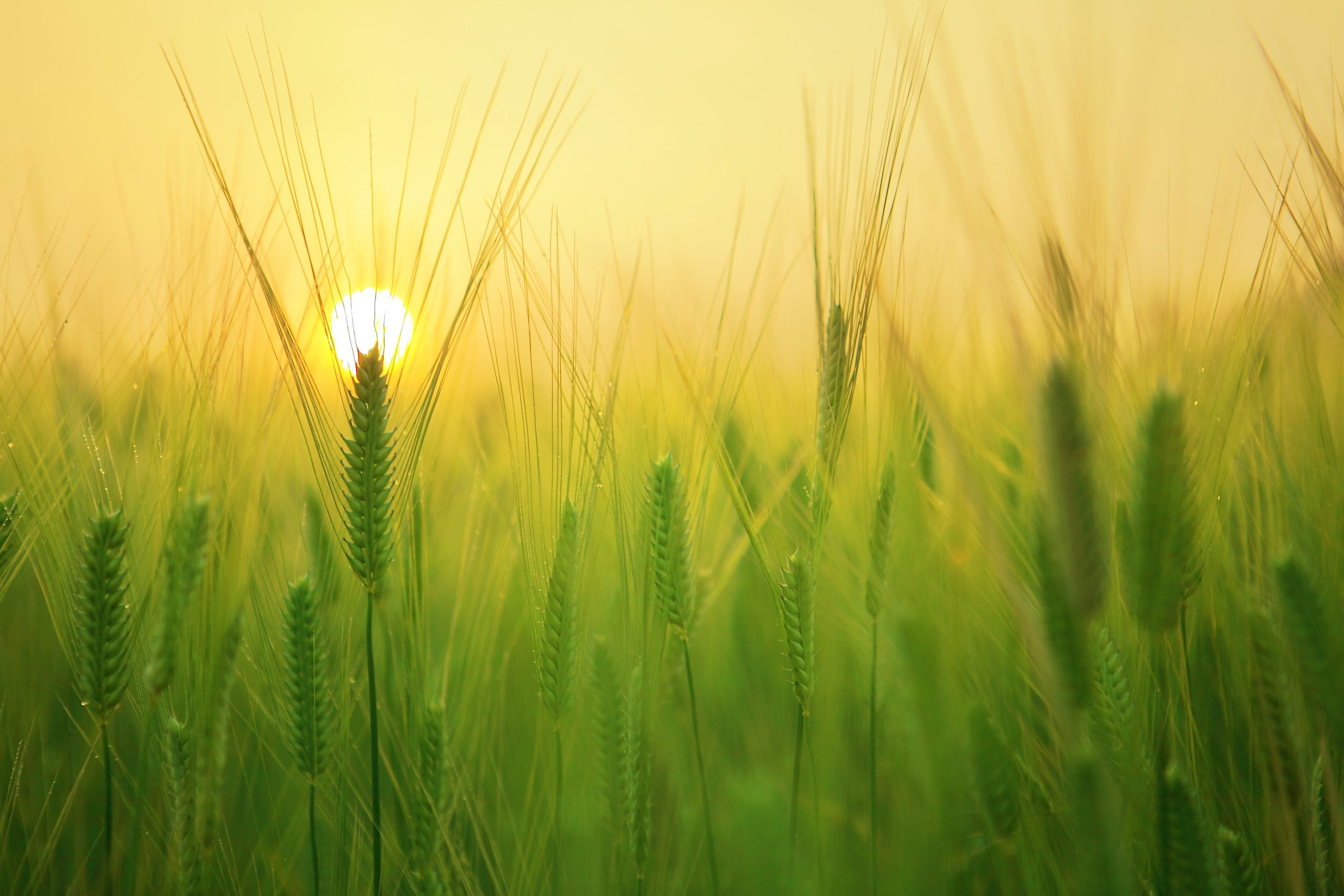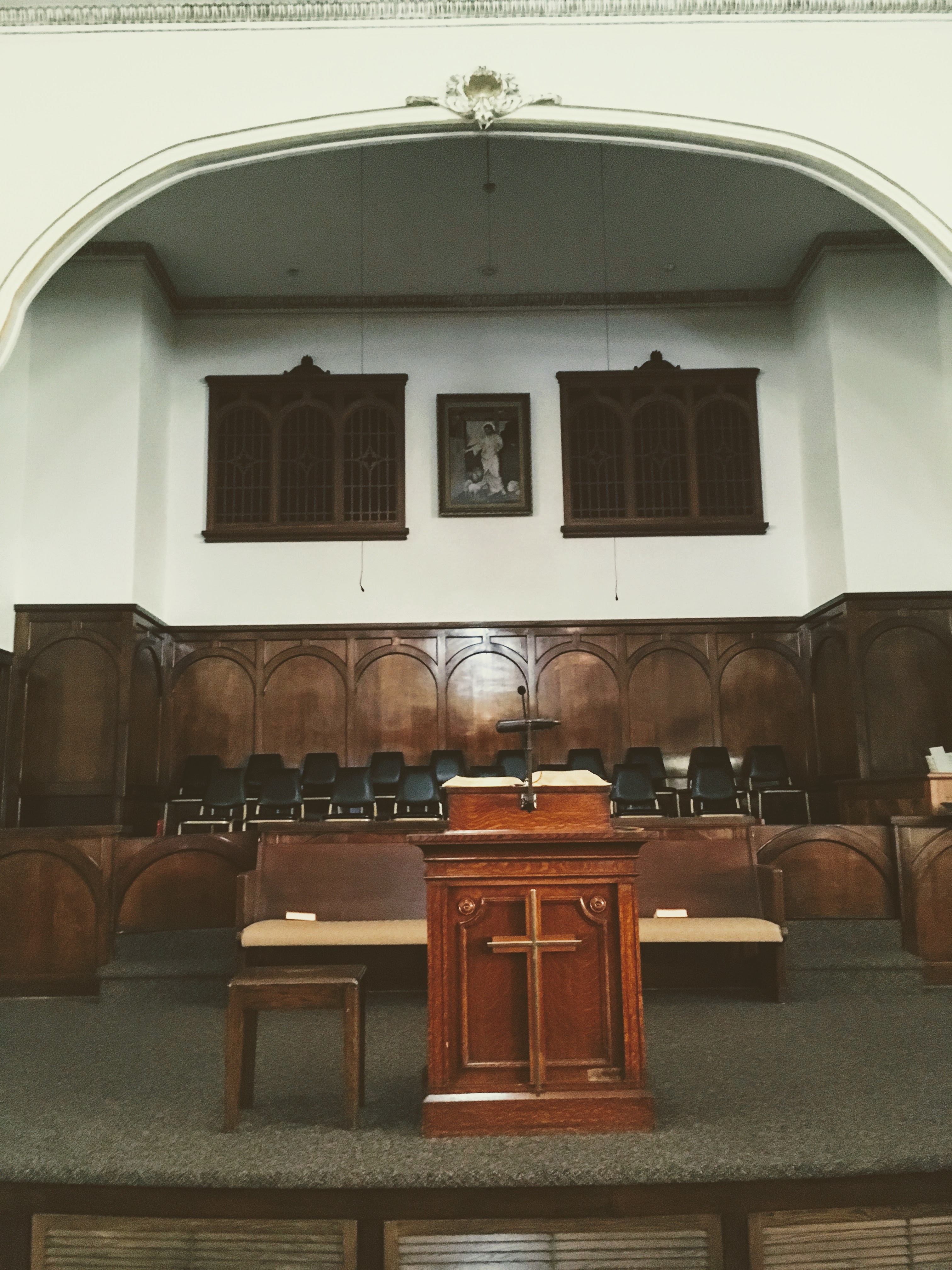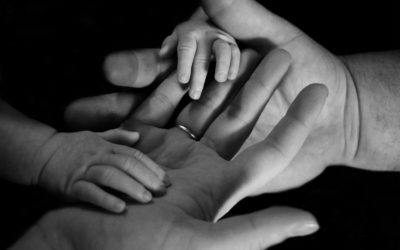Sept 6, 2020
- Flowers: Beth McDonald
- Technology: Michael Barrett, Michelle Barrett
- Pastor: Catherine Griffith
- Order of worship:
- Prelude: Rosemary Nettrouer
Scripture: Genesis 2:15
Good morning! Welcome!
Thank you to Beth for the flowers and to Rosemary for the music. Thank you to Michael and Michelle for facilitating the technology.
- If you have announcements or prayer requests, please feel free to add them as comments on the Facebook page.
Announcements
- We are live streaming on Facebook and the church website (wichitaquakers.org) until the pandemic numbers in our area go down.
- Feel free to share our worship with your Facebook friends by posting a link.
- We have room for a few people to worship with us in person, and if you would like to do so, please be sure and let the office know.
- Among church activities this week
- This is our church’s Family Promise week, and we are cooperating with West Heights Methodist. A special thank you to Erin DeGroot for her work in coordinating this effort.
- The 205 Sunday School class meets today at 3:00 via Zoom. They’re starting a new book and would welcome anyone interested. Let me know if you’d like the Zoom link. Let Rhonda Newby know if you’d like a book.
- The Book Club is having its final discussion of The Nehemiah Code at 6:30 Tuesday evening in the church library. The next book they’re taking up is Thomas Kelly’s Testament of Devotion, and they too would like to invite anyone who’s interested in this Quaker classic to join them. Pick up a copy of the book, and let me know if you’d like a Zoom link.
- The Pastoral Search Committee meets Thursday at 6:30 p.m. for an evaluation of my work as intentional interim minister.
- Great Plains Yearly Meeting will be held virtually on Friday and Saturday. Some of us will be Zooming in from the church library, and if you’d like to join us there, please let the church office know.
- Registration deadline is Wednesday, September 9. An email went out a few days ago with details.
- The session Friday at 6:30pm will include sharing of each Meeting’s State of Society reports.
- Saturday, Sept 12th we will have two sessions with Noah Merrill, one at 10:00am and one at 1:30 p.m. I have heard Noah Merrill speak, and he’s pretty darn good.
- We’re also talking about having box lunch on Saturday between the sessions.
Hymn: Morning Has Broken
Morning has broken like the first morning
Blackbird has spoken like the first bird
Praise for the singing
Praise for the morning
Praise for them springing fresh from the Word
Sweet the rain’s new fall, sunlit from heaven
Like the first dew fall on the first grass
Praise for the sweetness of the wet garden
Sprung in completeness where His feet pass
Mine is the sunlight
Mine is the morning
Born of the One Light Eden saw play
Praise with elation, praise every morning
God’s recreation of the new day.
Prayer concerns
- Steve Grether is feeling better and taking it easy as he anticipates receiving a second stent around the end of September.
- Joan Smith and others of the family as they deal with grief
- Students, teachers, administrators and staff, as well as their families as school starts, in person or virtually, around the world
- Our church during this time of transition – May we find clarity and energy for the tasks at hand and the decisions we will need to make as we find our way forward. May we find ways to use our assets wisely and well. May we discover ways we are to be a beacon of love in our world. May we be looking for the doors God is opening, and may we have the courage to walk through them.
Prayer
Thank you, God, for this day.
Message
As you probably know, this is Labor Day weekend. My email inbox is filled with information about Labor Day sales, and it’s a usual time for travel and cookouts, marking the unofficial end of summer and looking forward to fall. The 10-day weather forecast on my phone says cooler weather is coming, with highs in the 50s, 60s, and 70s this week instead of 80s and 90s. In places where school hasn’t yet started, this weekend is likely to mark the beginning of the school year.
Shopping and travel and school are all complicated this year by the pandemic. That’s our reality.
While we may celebrate Labor Day with parades, picnics, or barbecues, the holiday was established for a very different purpose.
According to history.com, “Labor Day pays tribute to the contributions and achievements of American workers…” (https://www.history.com/topics/holidays/labor-day-1)
That website continues:
Labor Day … originated during one of American labor history’s most dismal chapters.
In the late 1800s, at the height of the Industrial Revolution in the United States, the average American worked 12-hour days and seven-day weeks in order to eke out a basic living. Despite restrictions in some states, children as young as 5 or 6 toiled in mills, factories and mines across the country, earning a fraction of their adult counterparts’ wages.
People of all ages, particularly the very poor and recent immigrants, often faced extremely unsafe working conditions, with insufficient access to fresh air, sanitary facilities and breaks.
As manufacturing increasingly supplanted agriculture as the wellspring of American employment, labor unions, which had first appeared in the late 18th century, grew more prominent and vocal. They began organizing strikes and rallies to protest poor conditions and compel employers to renegotiate hours and pay.
Many of these events turned violent during this period, including the infamous Haymarket Riot of 1886, in which several Chicago policemen and workers were killed. Others gave rise to longstanding traditions: On September 5, 1882, 10,000 workers took unpaid time off to march from City Hall to Union Square in New York City, holding the first Labor Day parade in U.S. history.
The idea of a “workingmen’s holiday,” celebrated on the first Monday in September, caught on in other industrial centers across the country, and many states passed legislation recognizing it. Congress would not legalize the holiday until 12 years later, when a watershed moment in American labor history brought workers’ rights squarely into the public’s view. On May 11, 1894, employees of the Pullman Palace Car Company in Chicago went on strike to protest wage cuts and the firing of union representatives.
On June 26, the American Railroad Union …, called for a boycott of all Pullman railway cars, crippling railroad traffic nationwide. To break the Pullman strike, the federal government dispatched troops to Chicago, unleashing a wave of riots that resulted in the deaths of more than a dozen workers.
In the wake of this massive unrest and in an attempt to repair ties with American workers, Congress passed an act making Labor Day a legal holiday in the District of Columbia and the territories. On June 28, 1894, President Grover Cleveland signed it into law.
I have to say that giving workers one extra day off each year doesn’t seem quite enough to make up for unsafe and inhumane working conditions and low wages.
That one day does intend to acknowledge the contributions of workers. So this morning, this Labor Day weekend, I am offering some thoughts on work.
According to the story of creation in Genesis, chapter 2, work is part of the purpose of human creation. Here is Genesis 2, beginning with the second part of verse 4:
In the day that the Lord God made the earth and the heavens, 5 when no plant of the field was yet in the earth and no herb of the field had yet sprung up … 7 the Lord God formed man from the dust of the ground, and breathed into his nostrils the breath of life; and the man became a living being. 8 And the Lord God planted a garden in Eden, in the east; and there he put the man whom he had formed. 9 Out of the ground the Lord God made to grow every tree that is pleasant to the sight and good for food, the tree of life also in the midst of the garden, and the tree of the knowledge of good and evil. ***
15 The Lord God took the man and put him in the garden of Eden to till it and keep it.
We might see here a God-given impulse toward care for the earth: “God took the man and put him in the garden to … keep it.” To take care of it.
We might also see here a focus on work as a part of the human purpose from the very beginning. Before sin, when the garden of Eden was still the garden of Eden, “God took the man and put him in the garden to till it….” To work it. To prepare the soil for planting.
After sin, when the garden of Eden was no longer a paradise, God told the man (Genesis 3:17-18),
… cursed is the ground because of you;
in toil you shall eat of it all the days of your life;
18 thorns and thistles it shall bring forth for you….
Work was a part of God’s purpose from the beginning. Toil, slogging drudgery, was not. Work can be ennobling, a source of a sense of self-worth and dignity. Work can also be dehumanizing.
This morning I want to give particular attention to some of those whose work has not always been properly valued.
During this pandemic, we have learned that we owe our well-being, sometimes our very lives, to those whom we’ve come to call essential workers – people who work in the meat-packing plants, those who harvest food in fields and orchards, people who work in the health care industry – doctors and nurses, cleaners, food service people – including those in nursing homes, teachers, those who keep the grocery stores stocked, mail carriers and others who work for the post office…. The list could go on and on.
By definition, we need essential workers. They deserve our gratitude and our respect. They deserve humane working conditions and a living wage.
I have felt this need to acknowledge our dependence on the work of others for a long time. When I was finishing my dissertation, I acknowledged some of the people whose work is largely invisible, often under-paid, and indispensable. I wrote,
I would not have been able to do the research for this project without the staff of the University of Virginia’s Interlibrary Loan office, who tracked down books from far and wide. I would also like to acknowledge the services of women who usually go unmentioned – those who do special orders at the University of Virginia bookstore as well as those who work at Newcomb Hall in the Haircuttery, dining hall and post office… (p. ii).
I could not have done my work, I could not live my life, without the work of others. That’s reality.
This past May, public television broadcast a three-part series on Asian Americans. Among other things, this series called attention to Chinese workers on the railroad in the 1860s.
Last year, 2019, was the 150th anniversary of the completion of the transcontinental railroad, “an achievement which has typically been celebrated with photos of old locomotives, successful-looking men in suits and anonymous workers hammering away” according to an article in The Guardian newspaper (https://www.theguardian.com/artanddesign/2019/jul/18/forgotten-by-society-how-chinese-migrants-built-the-transcontinental-railroad#:~:text=From%201863%20and%201869%2C%20roughly,helped%20build%20the%20transcontinental%20railroad.&text=During%20the%2019th%20century%2C%20more,shortage%20threatened%20the%20railroad’s%20completion.
In honor of that 150th anniversary, the National Museum of American History put together an exhibit that highlighted workers not often acknowledged. It traced “the forgotten Chinese workers who built the western leg of the railroad across the Sierra Nevada mountains, connecting the Union Pacific and Central Pacific railroad in 1869.” The article continues,
From 1863 [to] 1869, roughly 15,000 Chinese workers helped build the transcontinental railroad. They were paid less than American workers and lived in tents, while white workers were given accommodation in train cars.
Chinese workers made up most of the workforce [on] roughly 700 miles of train tracks between Sacramento, California, and Promontory, Utah.
A famous picture taken when the railroad line from the west met the line from the east includes successful white men in suits, some of the workers who made the achievement possible, and one Chinese person.
The Chinese workers were essential to the building of the railroad. The were not treated fairly, and their contributions have been largely ignored, even hidden.
Something similar happened with the construction of the White House in Washington, DC. It came to public attention when, in 2016, Michelle Obama said in a speech to the Democratic National Convention, “I wake up every morning in a house that was built by slaves” (https://www.washingtonpost.com/local/the-enslaved-people-who-built-and-staffed-the-white-house-an-afterthought-no-more/2020/02/17/5e5393ea-483c-11ea-8124-0ca81effcdfb_story.html).
The White House Historical Association website addresses the question, did slaves build the White House?
Here’s the answer:
Construction on the President’s House began in 1792 in Washington, D.C., …. The D.C. commissioners, charged by Congress with building the new city under the direction of the president, initially planned to import workers from Europe to meet their labor needs. However, response to recruitment was dismal and soon they turned to African Americans—both enslaved and free—to provide the bulk of labor that built the White House, the United States Capitol, and other early government buildings.
Stonemason Collen Williamson trained enslaved people on the spot at the government’s quarry at Aquia, Virginia. Enslaved people quarried and cut the rough stone that was later dressed and laid by Scottish masons to erect the walls of the President’s House. The slaves joined a work force that included local white laborers and artisans from Maryland and Virginia, as well as immigrants from Ireland, Scotland, and other European nations.
Enslaved persons were essential to the construction of the White House, and their contributions have been largely ignored.
Don’t even get me started on the contributions of women’s work. 😊
Let us take a moment on this Labor Day weekend to reflect on the value of our own work. I am grateful for work that is challenging and satisfying.
Let us take a moment to reflect on the value of those workers who contributed to the building of our nation. We wouldn’t be where we are today without them.
Let us take a moment to reflect on the value of those workers who contribute to our lives every day. They deserve our gratitude and our respect.
Open worship
Please join together in a time of open worship, communion after the manner of Friends. If you feel led to contribute, please do so via comments on this page or the Facebook page.
We are meeting in person and also streaming our sermons on Facebook at 10:00 AM CST. Watch live:
https://www.facebook.com/universityfriendschurch/
Not on Facebook? You can see all of our posts and videos on our site here!



